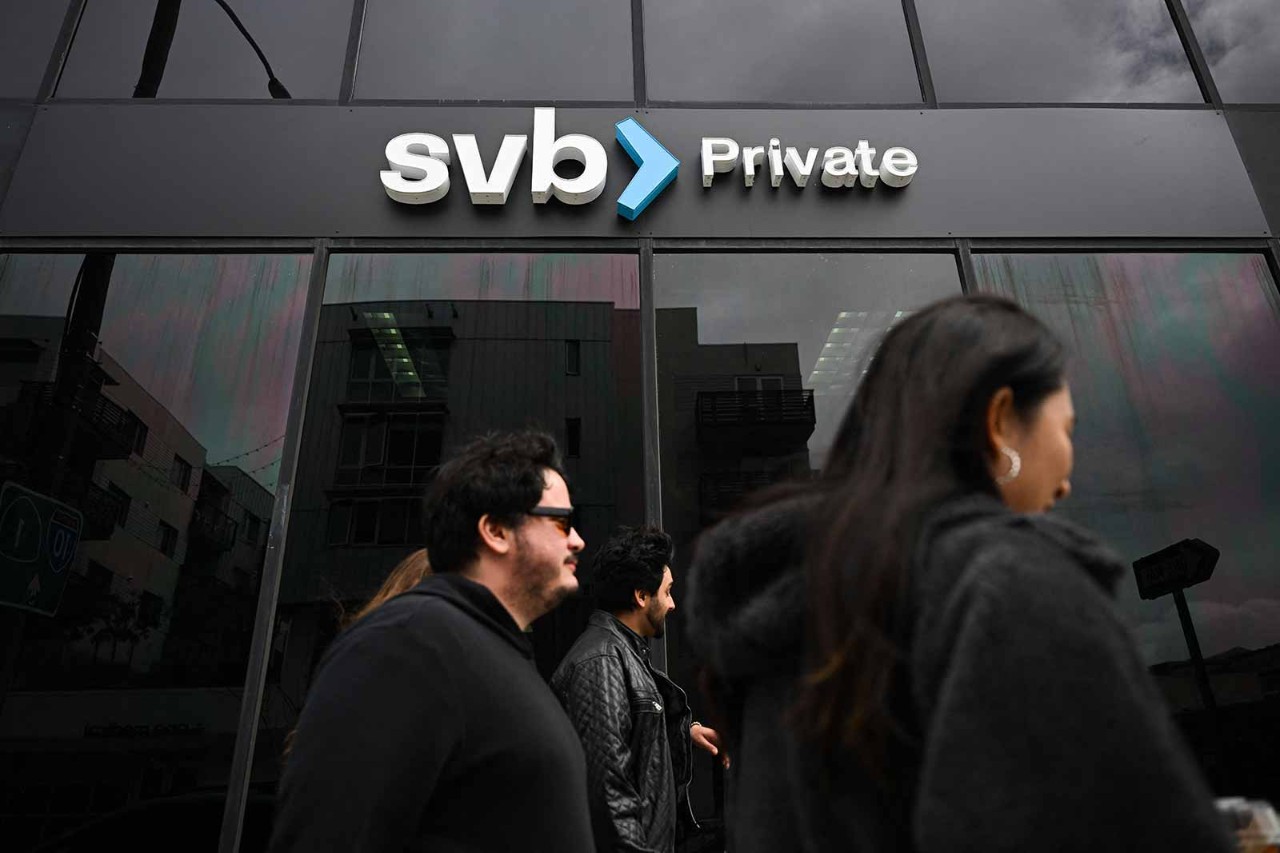
Like many everyday words and sayings, ‘figurehead’ has a naval backstory; it was originally a carved decoration mounted on the bow of a sailing ship. Today, I think it is often an appropriate term for a non-executive director: ‘a nominal leader without real power’.
Sometimes the non-execs are just too self-important to take their responsibilities seriously
We’ve seen many companies fail due to accounting fraud, poor risk management or simple incompetence. But I struggle to remember any where the audit committee or the non-execs saw it coming.
Danger of self-importance
There are many reasons why this might be the case, but I think one really important cause is often overlooked: sometimes the non-execs are just too self-important to take their responsibilities seriously.
I have met thousands of senior business people and I think it’s fair to say that very few suffer from self-doubt
Think about some of the really high-profile corporate disasters in recent years and there is often a common thread: a board stuffed with the great and the good. Men and women with fantastic CVs who should have known better. I vividly remember an investor relations person proudly telling me that her FTSE 100 employer had a ‘heavyweight board’ shortly before the enterprise imploded.
Take it seriously
Relevant experience is obviously a good thing for a non-executive board member to have, but I think there is an even more important consideration. As an investor, I want my board – and it is ‘my’ board; they are supposed to represent shareholders’ interests – to take their duties seriously. I want them to read the board papers, ask awkward questions and take the time to reflect on what the executives are telling them. I want informed iconoclasts, not acolytes.
Clubby groups of wealthy people are unlikely to want to rock the boat
I have met thousands of senior business people and I think it’s fair to say that very few suffer from self-doubt. They tend to know a lot of the other senior business folk as part of their network.
I am absolutely not a conspiracy theorist, but it seems obvious to me that clubby groups of wealthy people are unlikely to want to rock the boat. It is much easier to sign off on everything than to risk offending people in the same social network.
This critique doesn’t just apply to company boards. You can see this effect at work in politics, in regulators and indeed pretty much all human activity. It’s a combination of group-think, a desire to avoid conflict and intellectual laziness. Being a whistleblower is lonely and can be career-limiting. It’s much easier to go with the flow.
The more senior you are, the less likely you are to act as the bad cop
A perfect storm
I will never be part of the great and good, but I have a strong suspicion that the more senior you are, the less likely you are to act as the bad cop. You don’t spend your entire career striving for the summit only to irritate the other denizens when you finally make it.
It’s early days, but it appears that at least one of the banks that failed recently was explicitly warned by specialist consultants about excessive risk. The warnings were ignored and there is no record of the non-execs causing a fuss. Maybe it was all just too embarrassing.
I have written before about the dangers of appointing a bully as a CEO. This risk is multiplied when you have a compliant and complacent board. It’s a perfect storm.
Figureheads died out in the 19th century. Ship designers decided that they were heavy, expensive and unnecessary. Warships became more functional although arguably less beautiful. Investors need boards that will work fearlessly in their interests, not ones that just look good.




